AeroGenie — Votre copilote intelligent.
Tendances
Categories
GE Aerospace Executive Discusses Ongoing Supply Chain Challenges in Aviation
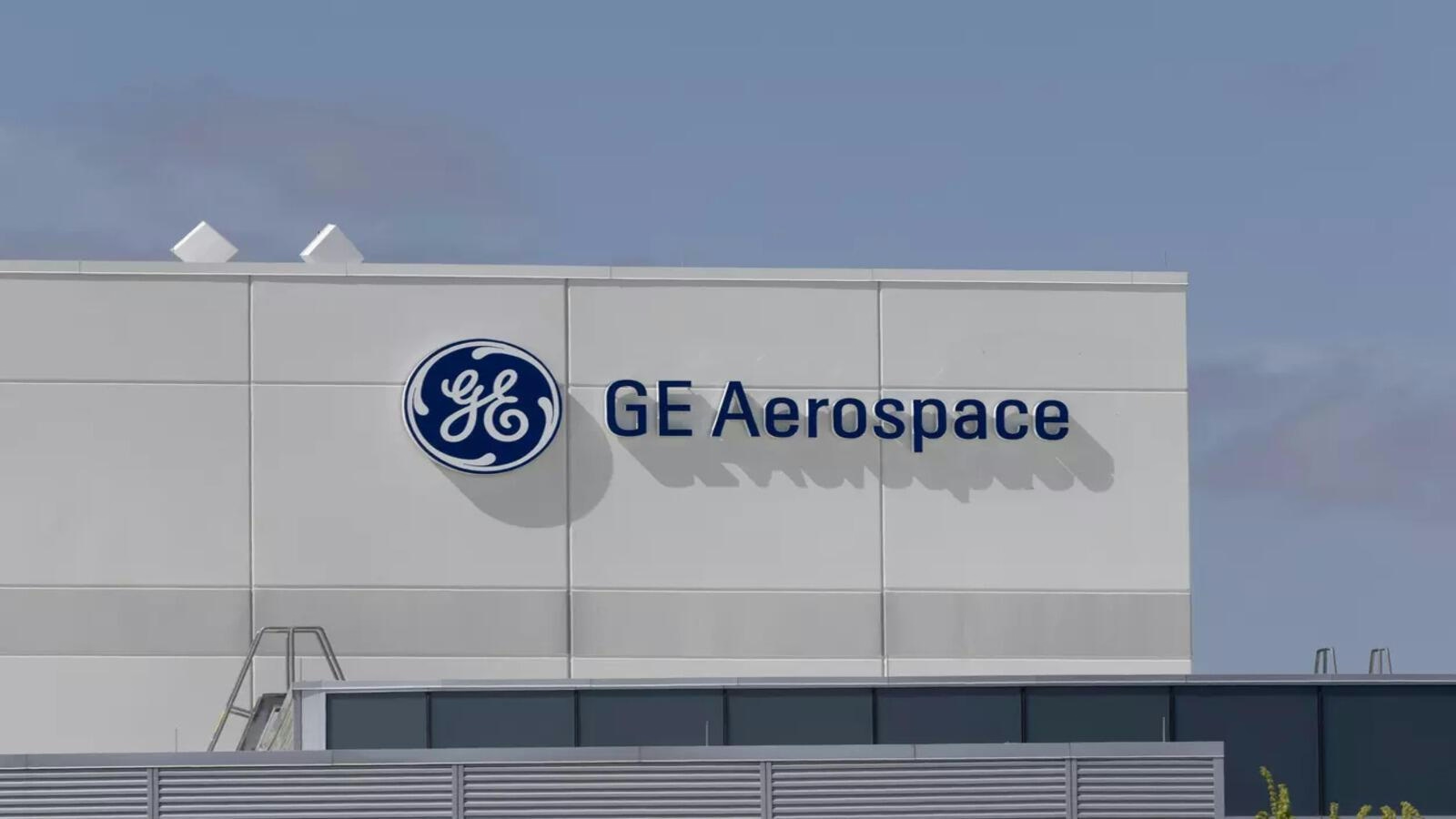
GE Aerospace Executive Discusses Ongoing Supply Chain Challenges in Aviation
Persistent Constraints in the Aviation Supply Chain
The aviation industry continues to grapple with significant supply chain constraints, a challenge that GE Aerospace is actively addressing through its proprietary lean operating model, FLIGHT DECK. Amol Nagar, Executive Director of Global Manufacturing Operations & Supply Chain at GE Aerospace, outlined the persistent difficulties during a briefing at the company’s Pune manufacturing facility. He acknowledged that demand in the aviation sector currently outpaces supply, underscoring the widespread nature of these disruptions.
Nagar highlighted that the FLIGHT DECK model is facilitating incremental improvements by fostering close collaboration with supplier partners to alleviate bottlenecks. The initiative has reportedly reduced LEAP engine test cycle times by 50% and increased supplier material input by 26%, demonstrating tangible progress amid challenging conditions.
Industry-Wide Impact and Labor Challenges
Since the onset of the COVID-19 pandemic, the global aviation sector has faced ongoing supply chain disruptions, leading to delayed aircraft deliveries even as airlines strive to expand their fleets to meet rising passenger demand. These difficulties have been exacerbated by recent labor strikes affecting GE Aerospace’s operations. The company has since reached a tentative labor agreement with the United Auto Workers (UAW) union, aiming to stabilize its workforce and minimize further operational interruptions. Despite this development, market sentiment remains cautious, particularly as competitors such as Woodward enhance their manufacturing capacities.
GE Aerospace’s engagement extends to partnerships with aerospace manufacturers and suppliers in India, where more than 1,400 commercial engines from GE and CFM—an equal joint venture between GE and Safran—currently power aircraft operated by Indian airlines.
Broader Industry Challenges and Outlook
A recent study by the International Air Transport Association (IATA) and consulting firm Oliver Wyman projects that supply chain issues will cost global airlines over $11 billion in 2025. The report attributes these costs to delays in aircraft and parts production, which increase expenses related to excess fuel consumption, additional maintenance, engine leasing, and surplus inventory.
The commercial aircraft backlog reached over 17,000 units last year, significantly exceeding the annual average of 13,000 planes recorded between 2010 and 2019. This production lag continues to strain airlines’ capacity to meet growing passenger demand.
Meanwhile, major manufacturers such as Airbus are also contending with ongoing supply chain disruptions but maintain optimism about meeting their delivery targets. As the aviation industry adapts to these persistent challenges, companies are placing greater emphasis on operational efficiency and strategic partnerships to support sustainable growth.

Sabre Introduces New AI-Driven Platform
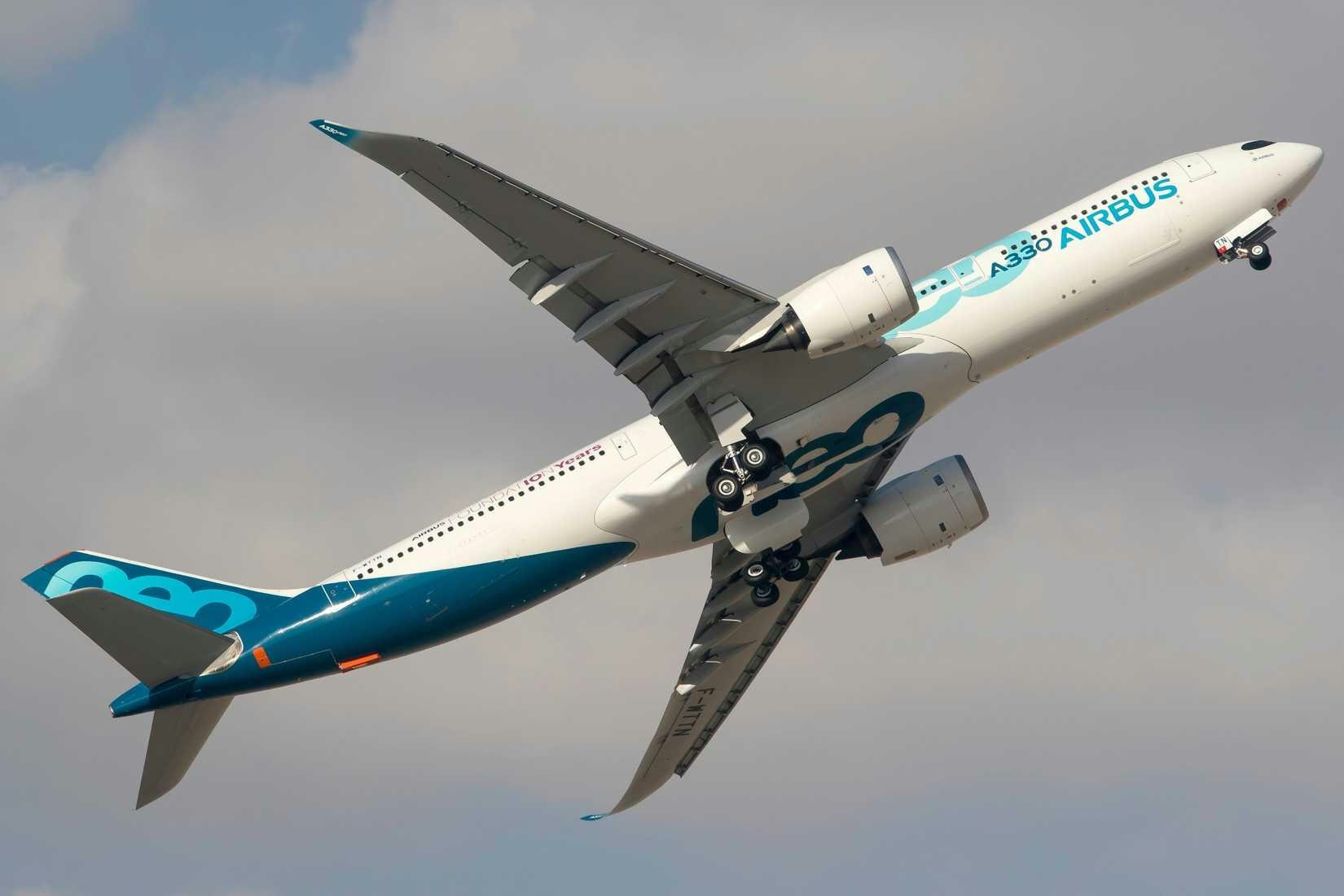
GOL CEO Confirms Possible Arrival of A330neo Widebody Aircraft
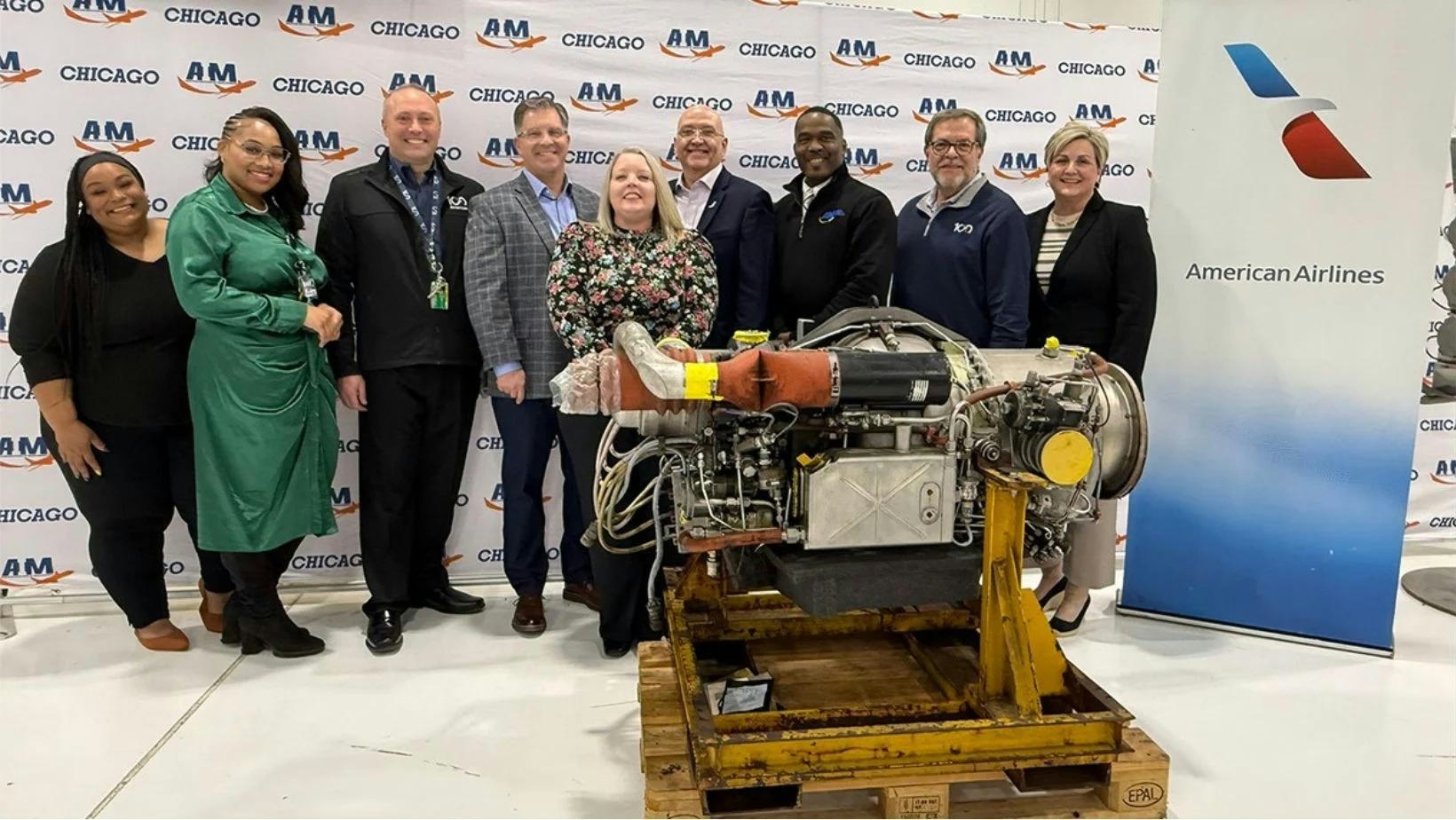
American Airlines donates APU to AIM Chicago for student training
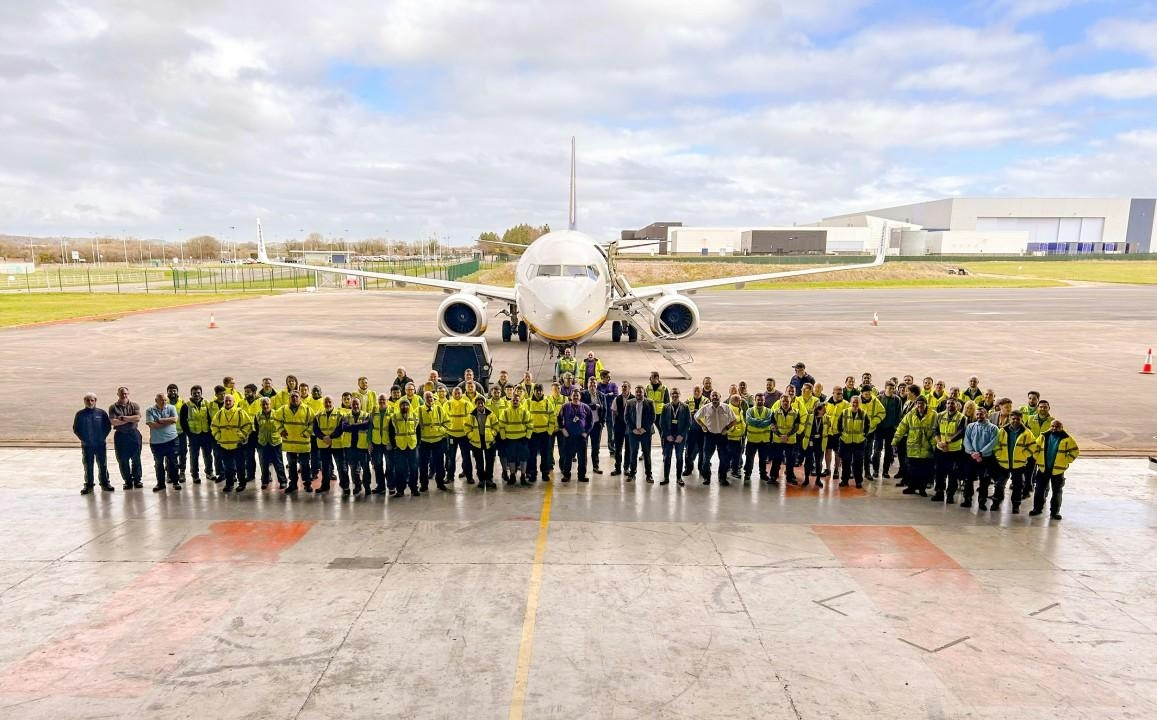
Steer Appointed Base Maintenance Manager at Caerdav
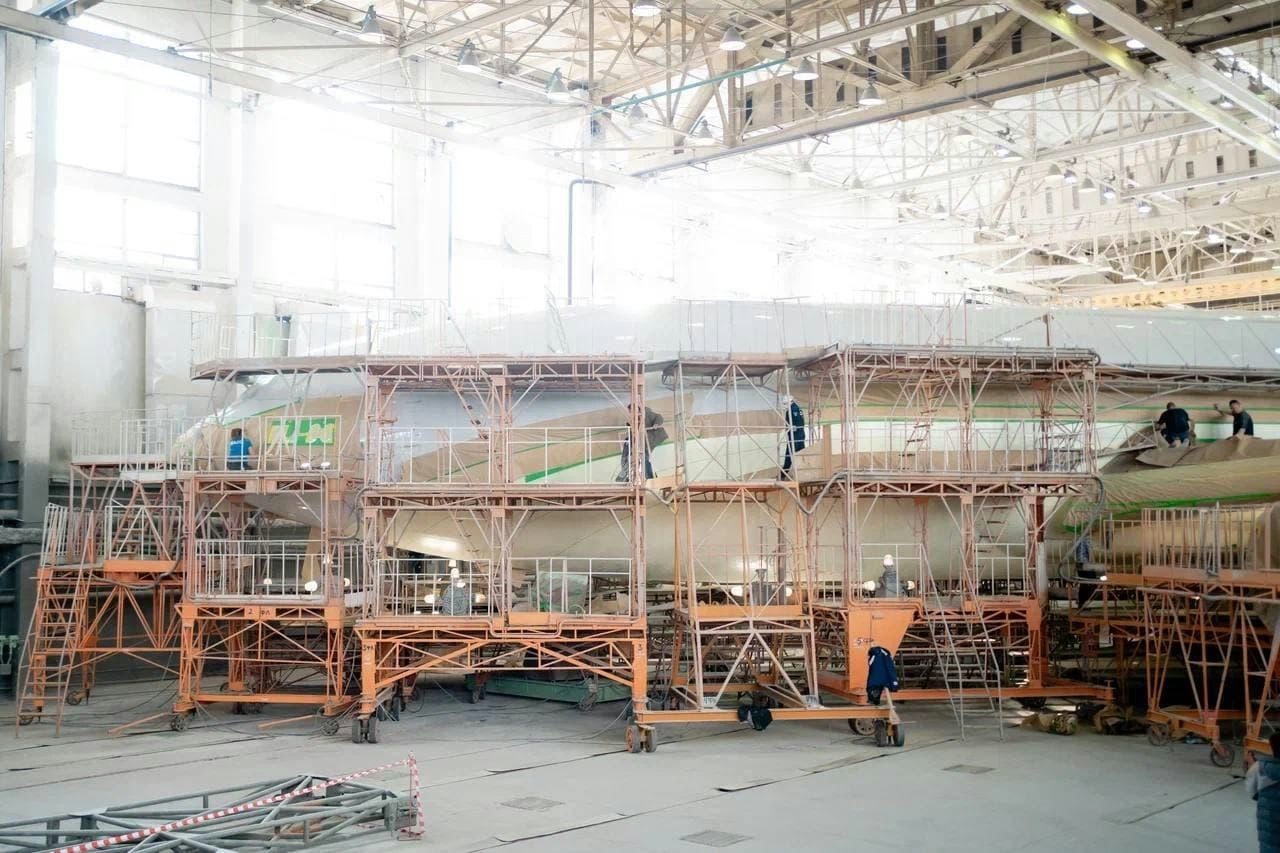
New Il-96 Wide-Body Aircraft Built in Russia; Customer Remains Undisclosed

SESAR JU and Canary Islands Sign Agreement to Advance Air Traffic Management
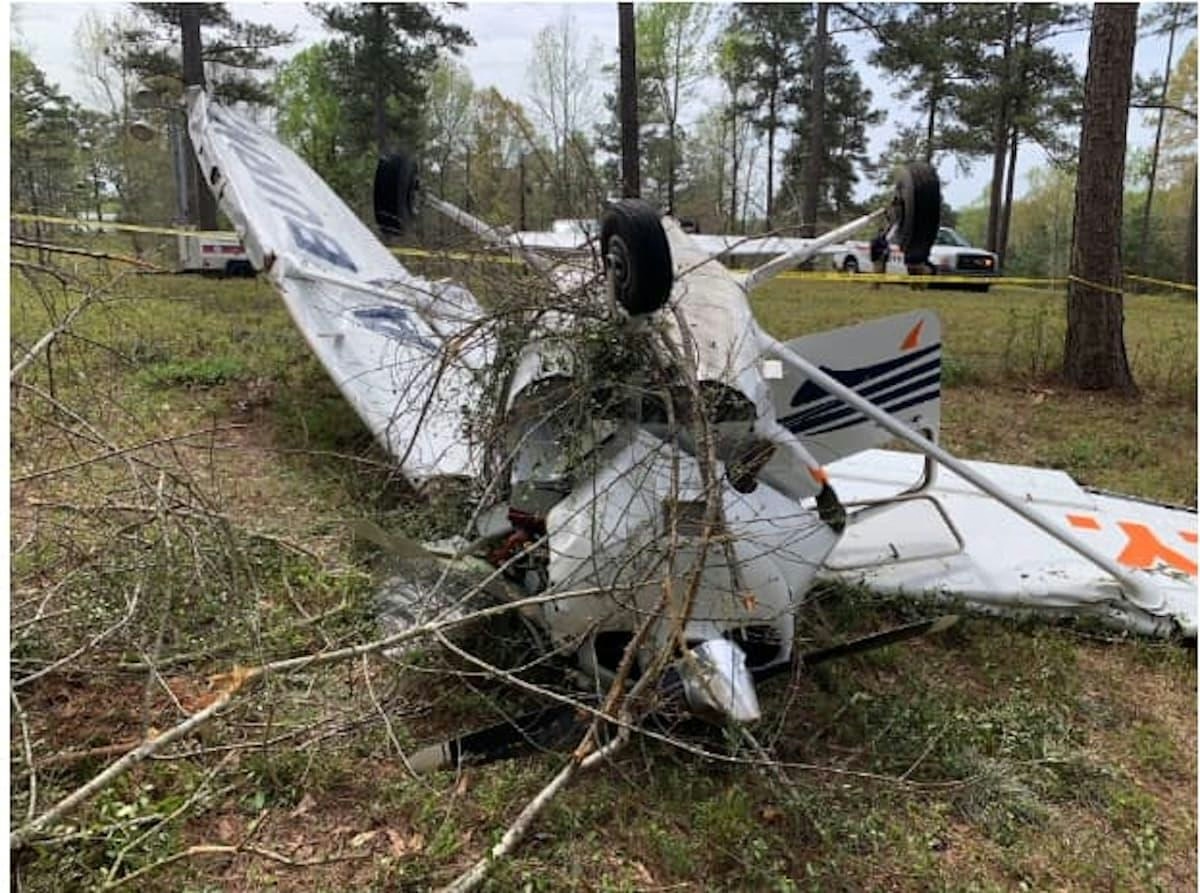
Contaminated Fuel Injector Causes Emergency Landing
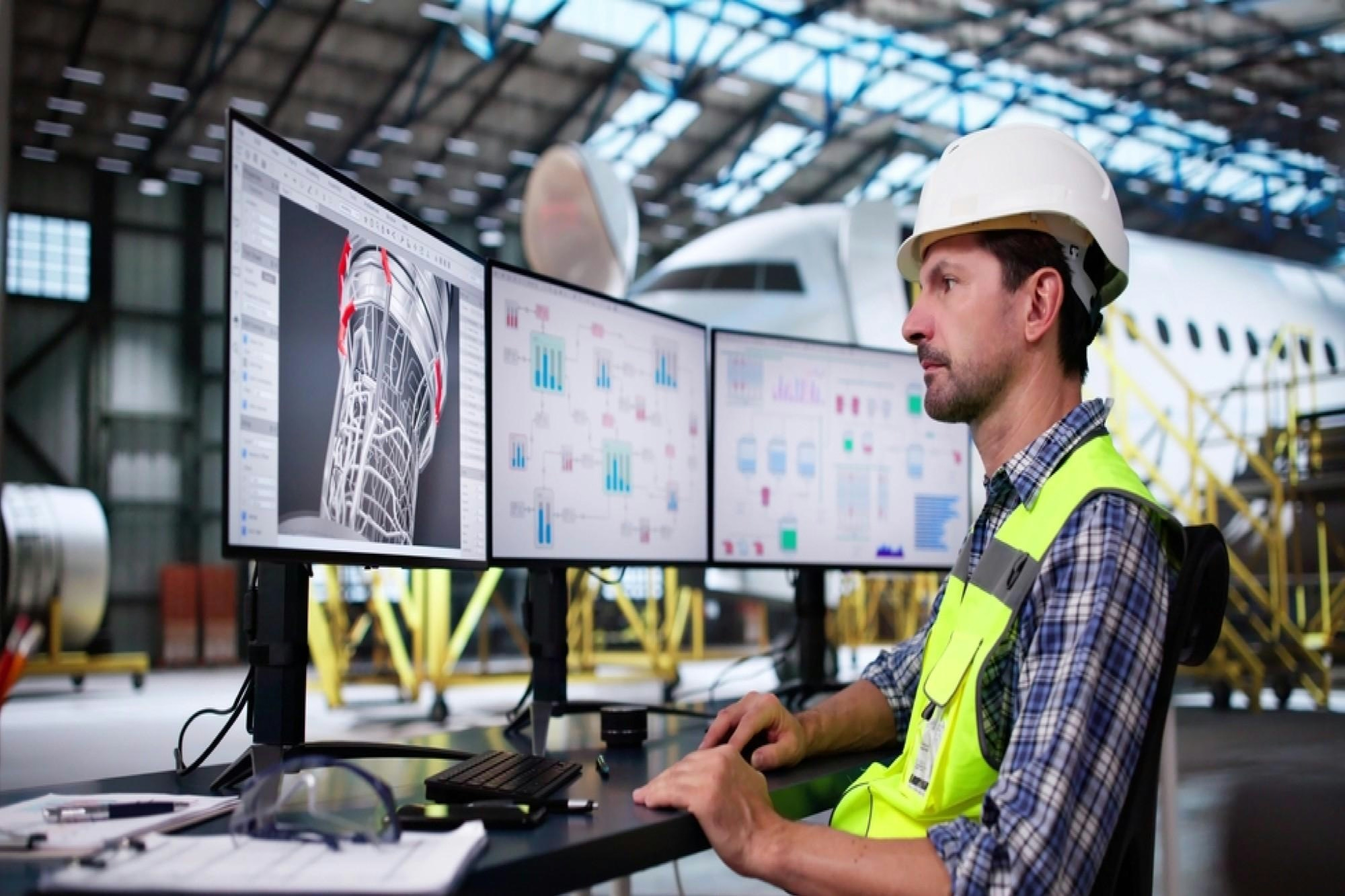
Sahar Group Adopts Ramco Aviation Software to Support Growth
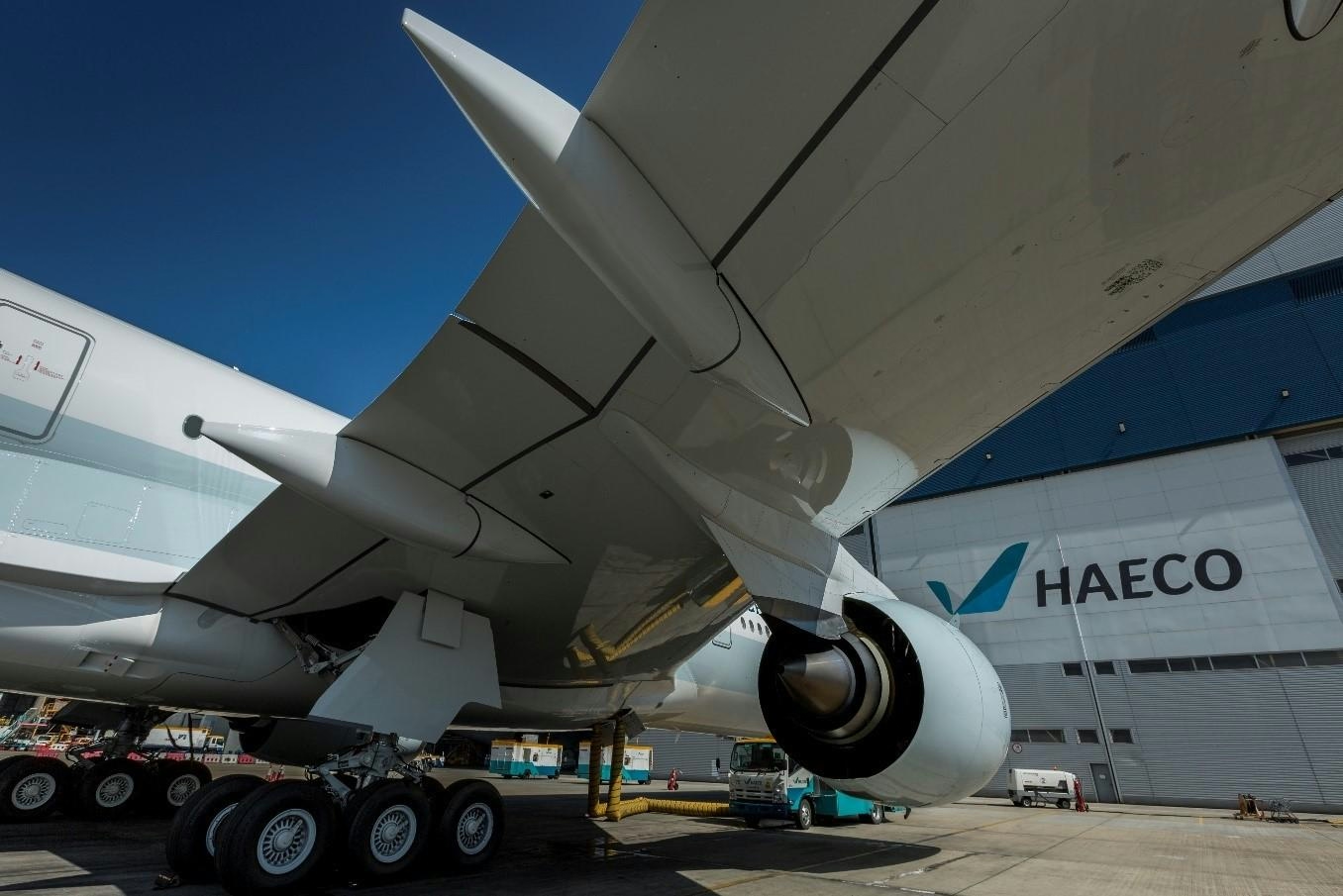
Deucalion Leases Three A330 Aircraft to Wamos Air

Acron Aviation Opens Global Headquarters in St. Petersburg, Florida
